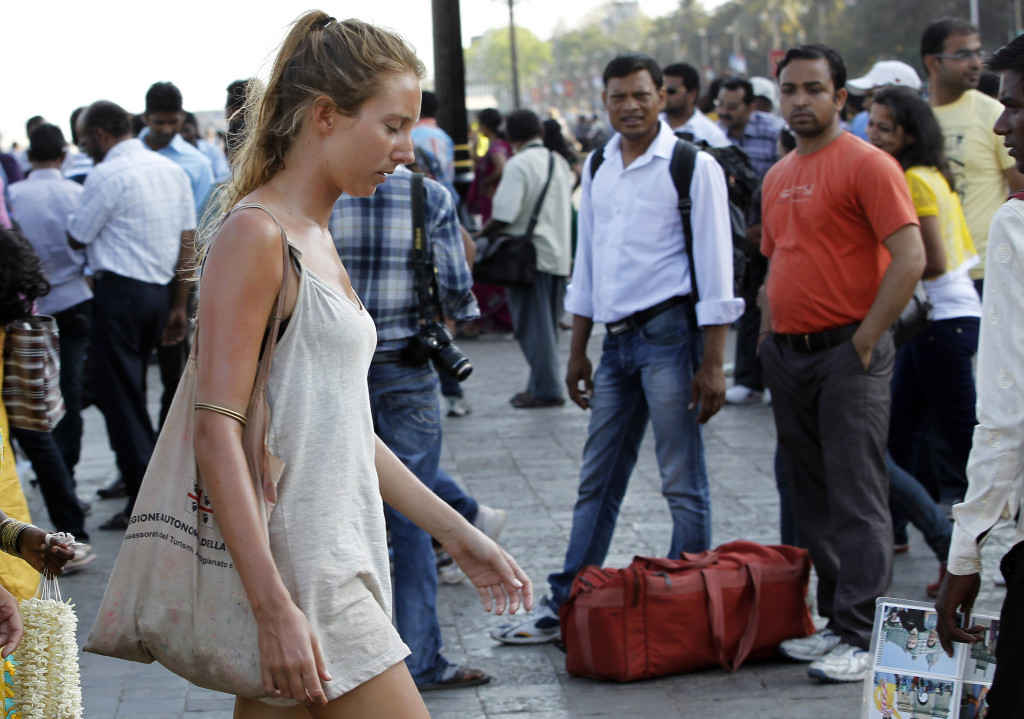Culture shock is an experience a person may have when one moves to a cultural environment which is different from one's own

As I recollect my brief relocation to Berlin in October 2015, the transition from Autumn to Winter in Germany not only transpired the change of seasons but also inculcated within me an appreciation for the sociological considerations that an expatriate incurs when moving to another country, more aptly termed as ‘Culture Shock’.
Having studied Sociology, my thoughts were to assimilate the interplay between different factors that accompany the feeling of being in a different cultural setting and how it impacts the feelings of belonging to one’s own culture.
According to Macionis et al. (2010): “Culture shock is an experience a person may have when one moves to a cultural environment which is different from one's own; it is also the personal disorientation a person may feel when experiencing an unfamiliar way of life due to immigration or a visit to a new country, a move between social environments, or simply transition to another type of life.”
Fortunately for me, having to endure the ‘culture shock’ in Berlin, Germany was a brief experience.
Berlin is a city characterised by overcast skies, very little daylight, where it rains without warning and still bears remnants of the Berlin Wall which earlier divided East and West Germany. At the same time, Berlin has been historically regarded as the seat of the German Political System with the Reichstag Building serving as the seat of parliament in the German Empire and during the Weimar Republic. The multitude of German Monuments in Berlin are reminiscent of the era of Adolf Hitler.
Hence, one could imagine the anonymity that a Goan such as myself experienced towards this distinct culture.
It was only in the year 2017, at my University in Spain that I was able to truly understand the width and import of the terminology “Culture Shock”.
Gary R Weaver in his Research Article, entitled "Understanding and coping with cross-cultural adjustment stress" (1994), wrote that culture shock has "three basic causal explanations":
loss of familiar cues,
the breakdown of interpersonal communications,
and an identity crisis.
The above three explanations are also highly relevant to the Goan diaspora who have migrated to the United Kingdom and the Schengen States of the European Union upon the strength of their Portuguese Passports.
The basic outcomes of having to face ‘culture shock’ upon Goans would be one of adjustment that while some people find it impossible to accept the foreign culture and to integrate, the rest of the people integrate fully and take on all parts of the host culture while losing their original identity. This is called cultural assimilation. They normally remain in the host country forever.
But to deal with another kind of shock needs further introspection. That is the ‘reverse culture shock’ (also known as "re-entry shock" or "own culture shock") which can easily affect Goans returning to Goemkarponn after growing accustomed to the British culture for their entire working spans and which can produce some bizarre effects.
The affected person often finds this more surprising and difficult to deal with reverse culture shock than the original culture shock.
In this phenomenon, the reactions that members of the re-entered culture exhibit toward the re-entrant, and the inevitability of the two are encapsulated in the following saying, also the title of a book by Thomas Wolfe: You Can't Go Home Again (1940).